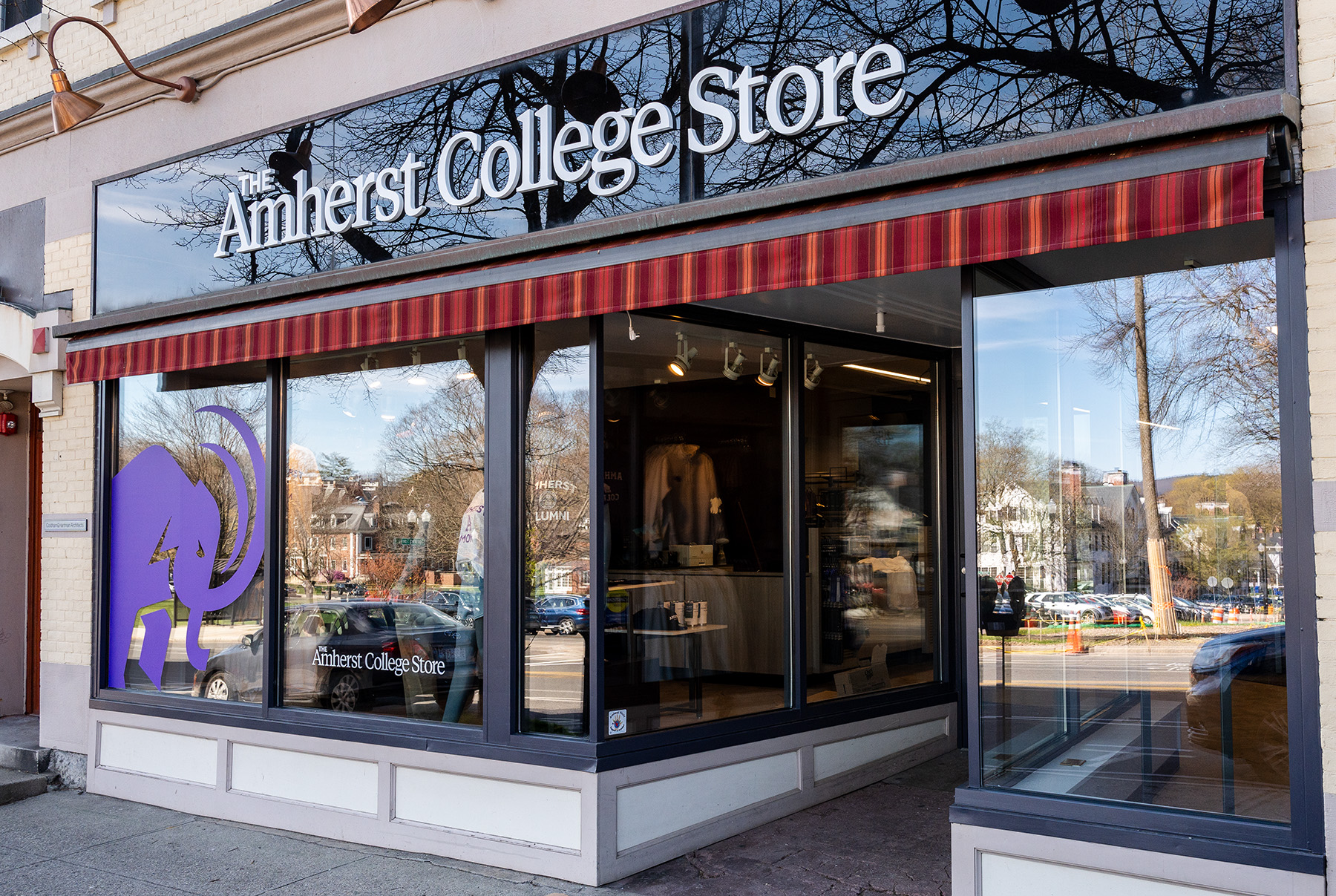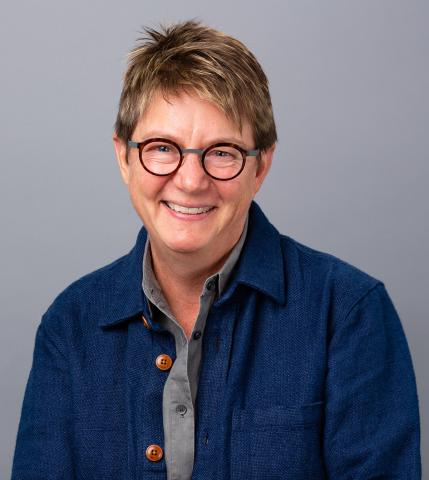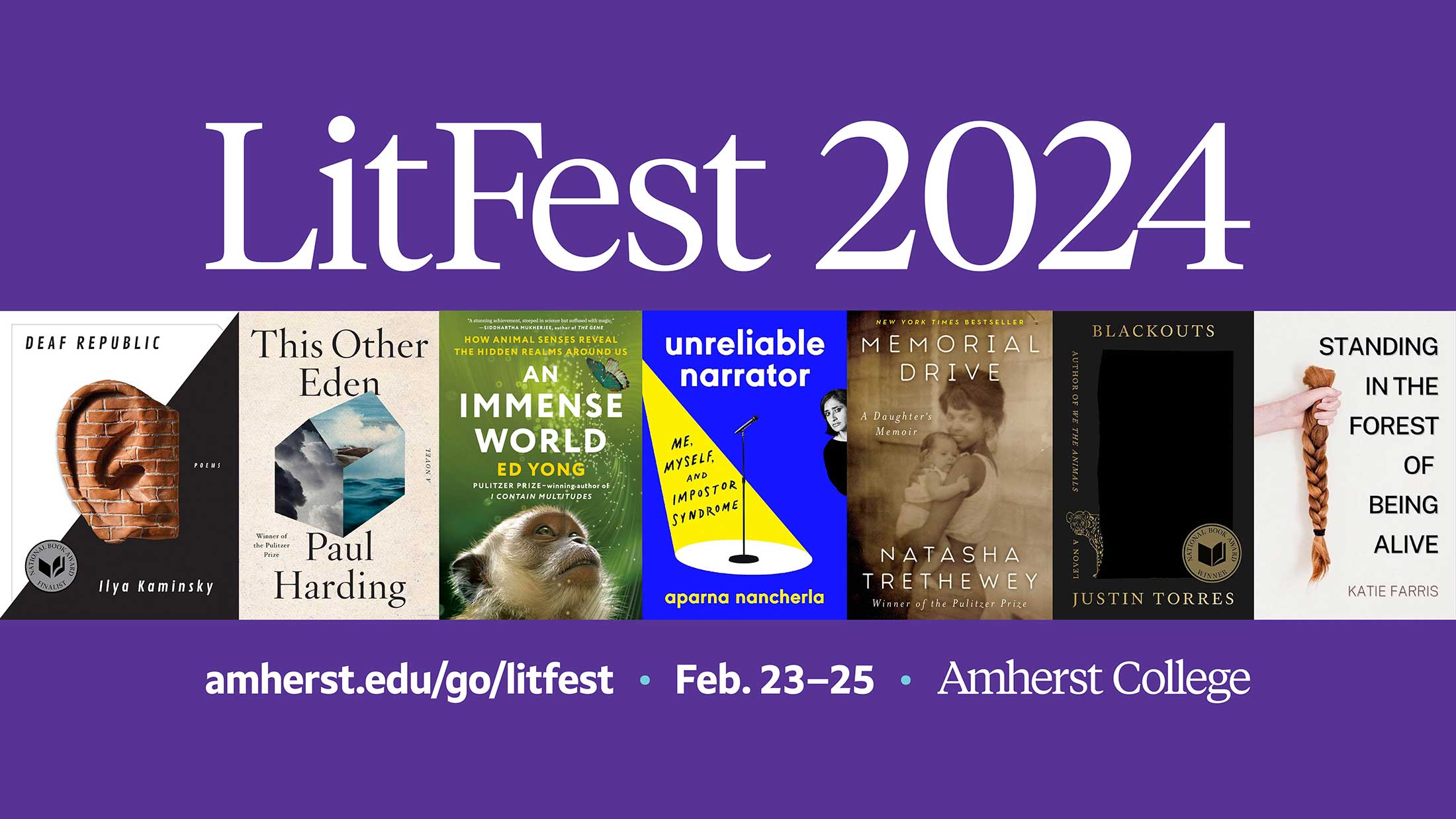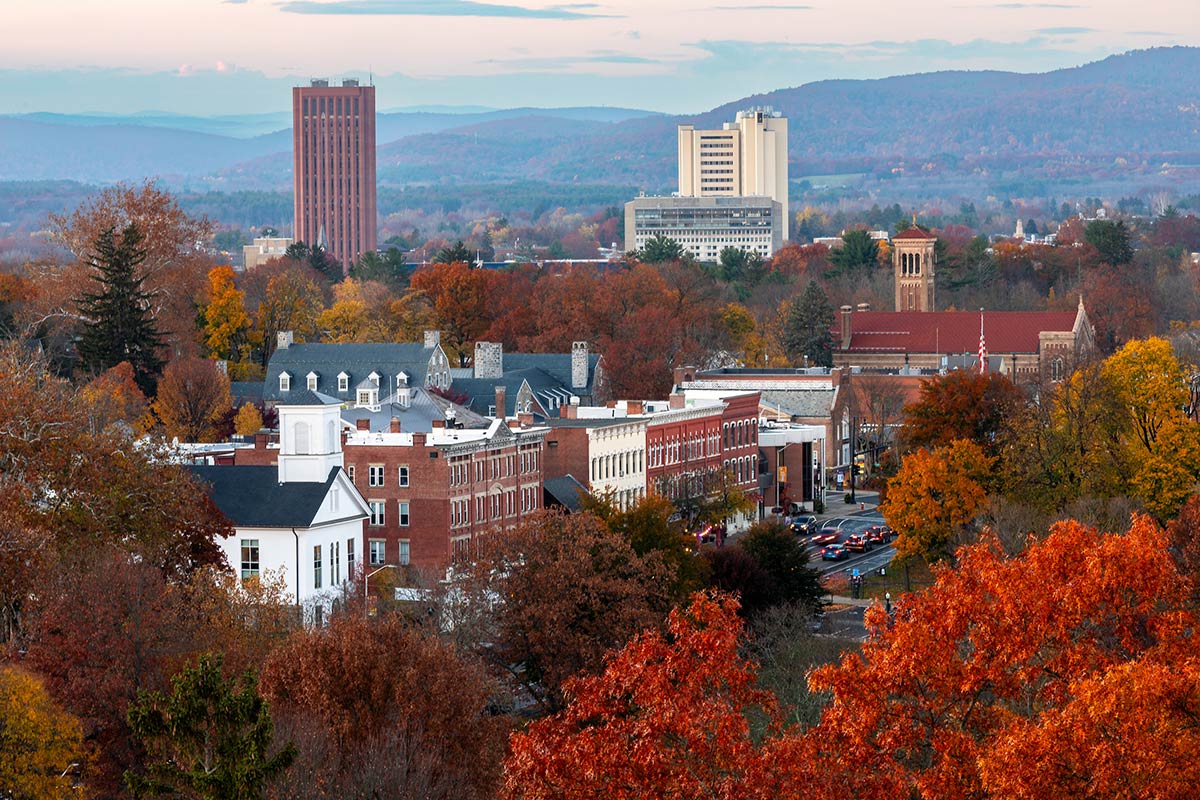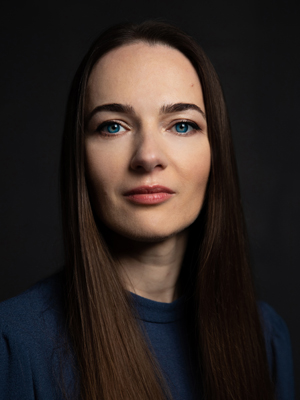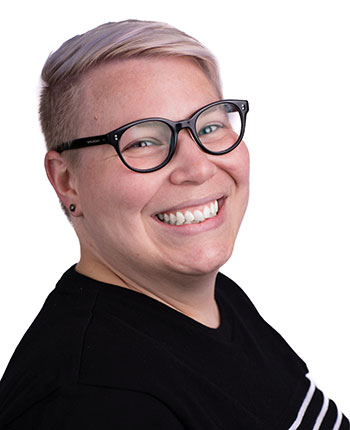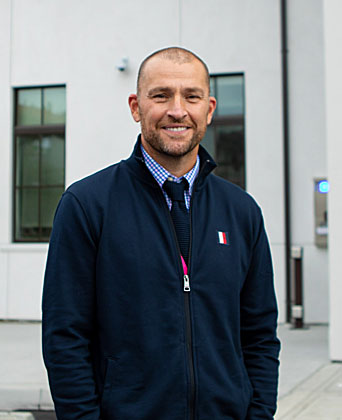Chantal E. Kordula ’94 Elected Chair of Amherst College’s Board of Trustees

(AMHERST, Mass., June 7, 2024) — Chantal E. Kordula ’94 has been elected chair of the Board of Trustees of Amherst College, it was announced today by Andrew J. Nussbaum ’85, the outgoing chair. Kordula’s six-year term, renewed annually, begins on July 1.
“It is such a pleasure to congratulate and welcome Chantal as board chair,” said Nussbaum, who was first elected a trustee in 2010 and then chair in 2018. “In her five years on the board, Chantal’s service has consistently reflected clear thinking, mission-priority decision making and a deep passion for all things Amherst. With President Michael A. Elliott and Board Chair Chantal Kordula, the future of Amherst is not just bright; it is brilliant.”
